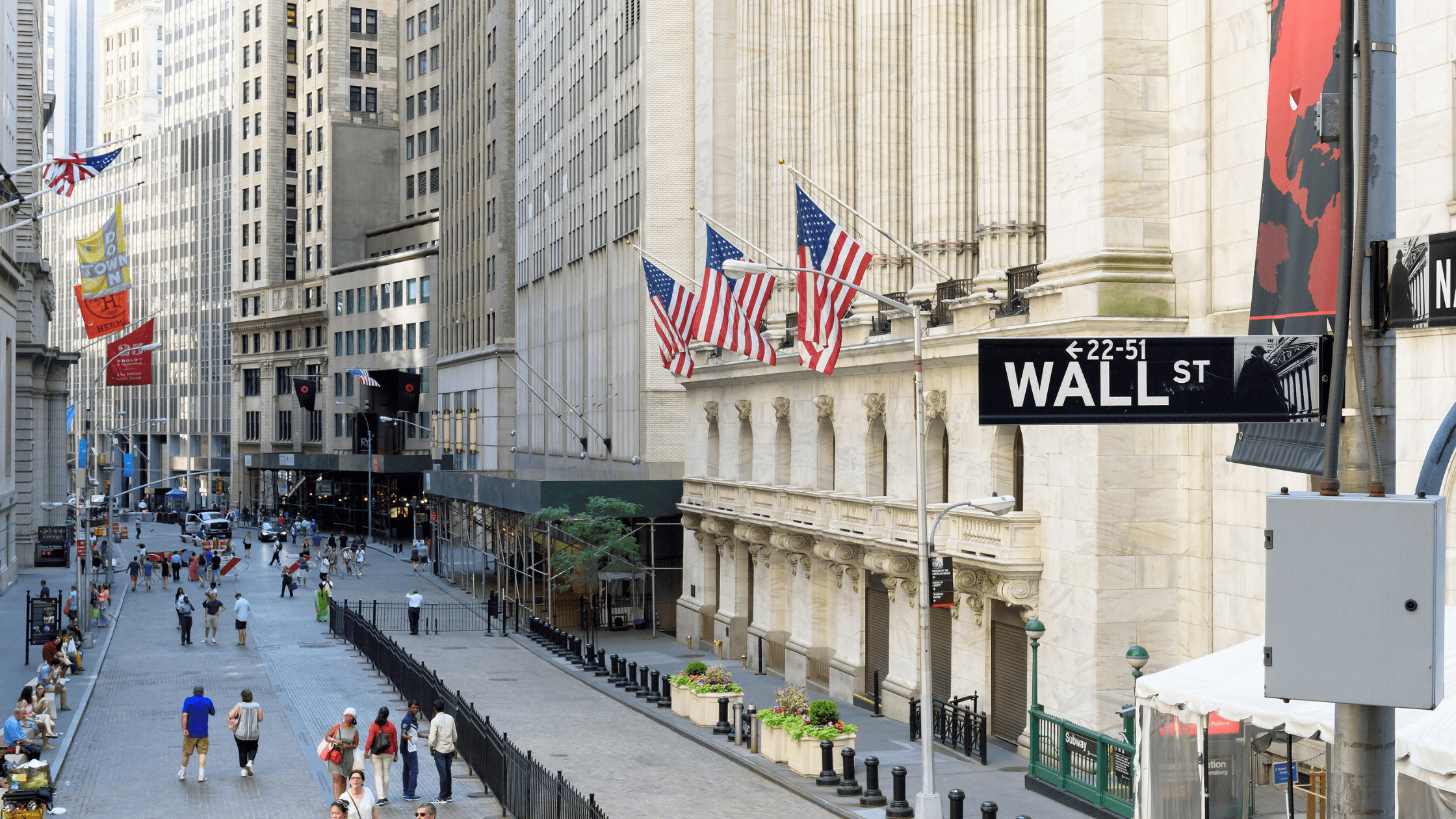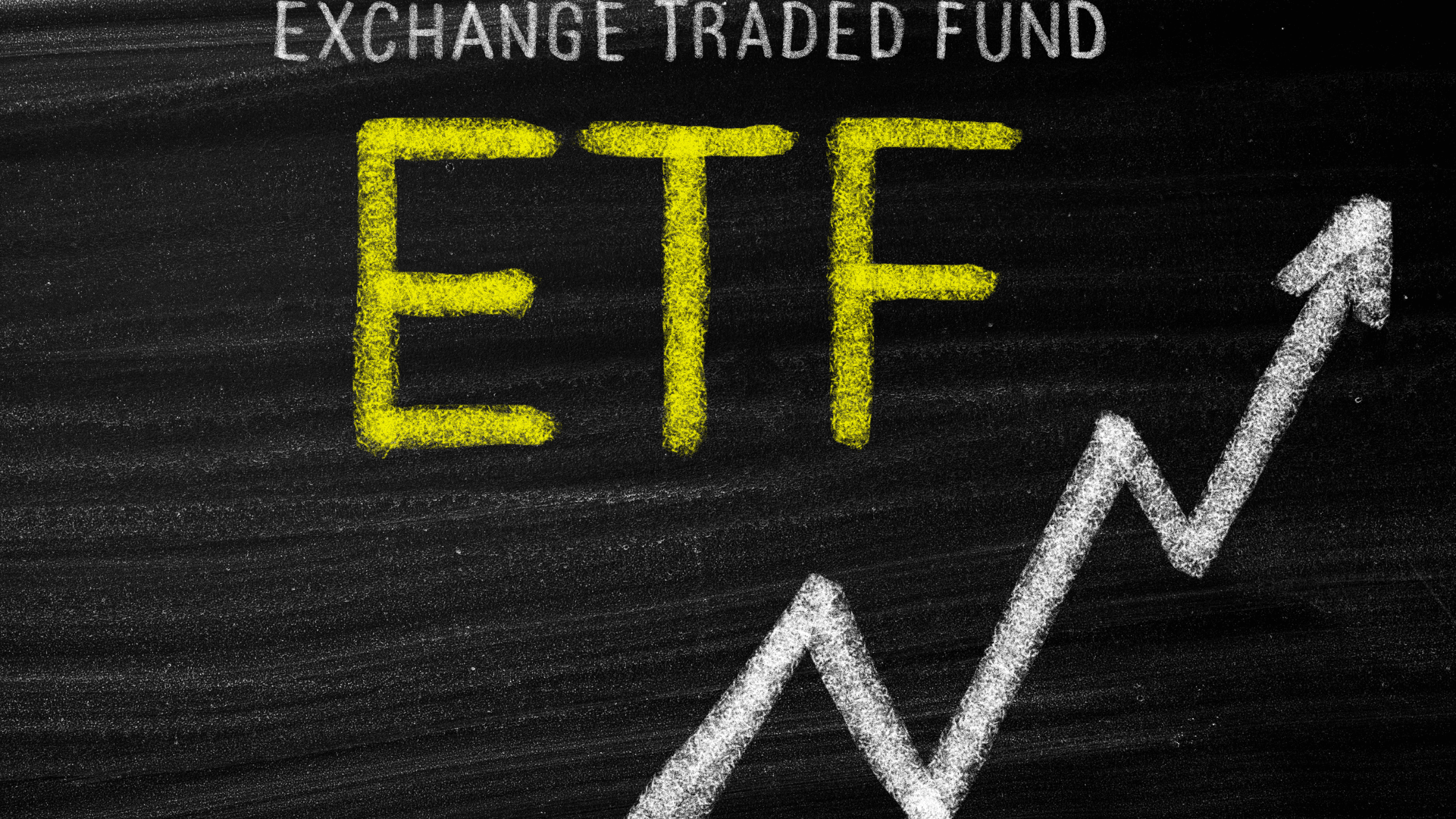Why Should I Buy Hong Kong Stocks?

China is the world’s second-largest economy and it’s no surprise that the country has a dynamic private-sector economy.
For investors who want to tap into this vast growth market, there’s no better way to access China than investing in stocks on the Hong Kong stock market.
Known as “the Gateway to China”, Hong Kong has thrived as an open financial centre where global capital can access the massive China market.
Overview of the Hong Kong stock market
The Hong Kong stock market is operated by Hong Kong Exchanges and Clearing Ltd (SEHK: 388), the sole stock market operator.
The total market capitalisation (market cap) of all companies listed on the Hong Kong stock exchange is around HK$40.4 trillion (US$5.2 trillion).
Perhaps one of the best features of the Hong Kong market for individual investors is that it’s geared towards a long-term approach to investing.
That’s because around 80% of market turnover in Hong Kong’s stock market comes from institutional investors – with the remaining being derived from individual investors like you and me.
Institutional, in other words, means investors such as pension funds, hedge funds and mutual funds. The professional approach means the market reacts much more rationally to long-term fundamental news.
This is in stark contrast to China’s onshore market (A shares), where the institutional/retail split of market turnover is reversed.
Instead of the majority being institutional, 70-80% of turnover in China’s A shares market is driven by retail investors.
This can lead to much more volatility and less of a connection to the reality of how businesses are performing.
Market sectors
The Hang Seng Index in Hong Kong is the most recognisable stock market index and is made up of the 50 largest and most liquid stocks on the Hong Kong stock exchange.
Again, like the US, technology is becoming more important in Hong Kong’s market. However, unlike American stock markets, the Hang Seng Index is actually a reflection of the “old economy”.
What do I mean by that? Well, companies such as banks, insurance companies and property firms, have long dominated the benchmark Hang Seng Index (see table below).
That’s because the city’s wealth was built on these old industries. However, now you have a new generation of Chinese technology superstar stocks (similar to an Apple, Microsoft, or Amazon) that are starting to dominate the landscape.
For example, China’s social media giant Tencent Holdings Ltd (SEHK: 700) now has the biggest weighting in the Hang Seng Index, with a 12.1% contribution.
As you can see, it currently means it’s the only company in the “Information Technology” sector but other large technology companies will no doubt be added to the Hang Seng Index over the next few years.
Hang Seng Index breakdown by sector weighting
| Sector | Weighting (%) | Sector | Weighting (%) |
| Financials | 48.8 | Consumer Staples | 2.9 |
| Information Technology | 12.1 | Conglomerates | 2.6 |
| Properties & Construction | 10.0 | Healthcare | 2.5 |
| Consumer Discretionary | 6.7 | Industrials | 1.8 |
| Telecommunications | 4.3 | Materials | 0.0 |
| Utilities | 4.2 |
Source: Hang Seng Indexes Company, as of 30 June 2020
What are the biggest companies?
Some of the largest companies in Hong Kong include the well-known Chinese technology heavyweights such as Tencent, Alibaba Group Holding Ltd (SEHK: 9988) and Meituan Dianping (SEHK: 3690).
Both Alibaba and Tencent have market caps of over US$500 billion while Meituan is close to US$200 billion.
The biggest listed companies in Hong Kong are dominated by technology names but there are also some financials stocks that can be grouped in with the big boys.
One such stock is Ping An Insurance Group Co of China (SEHK: 2318), which is a China-focused diversified financial services provider that also leverages technology in various fields, from fintech to healthtech.
Clearly, for the Hong Kong market, the attraction for investors is the appeal of large and growing China companies.
Although there are many financials and property companies listed in Hong Kong, many are from the “old Hong Kong” economy that’s heavily reliant on these industries.
As the stock market’s makeup has changed over the past few decades, more of investors’ money is flowing to China stocks listed in Hong Kong.
The reasoning is simple. It’s because the growth potential in China, with a population of 1.4 billion, is that much greater for companies from mainland China versus Hong Kong which, while richer, only has a tiny population of 7.5 million.






















